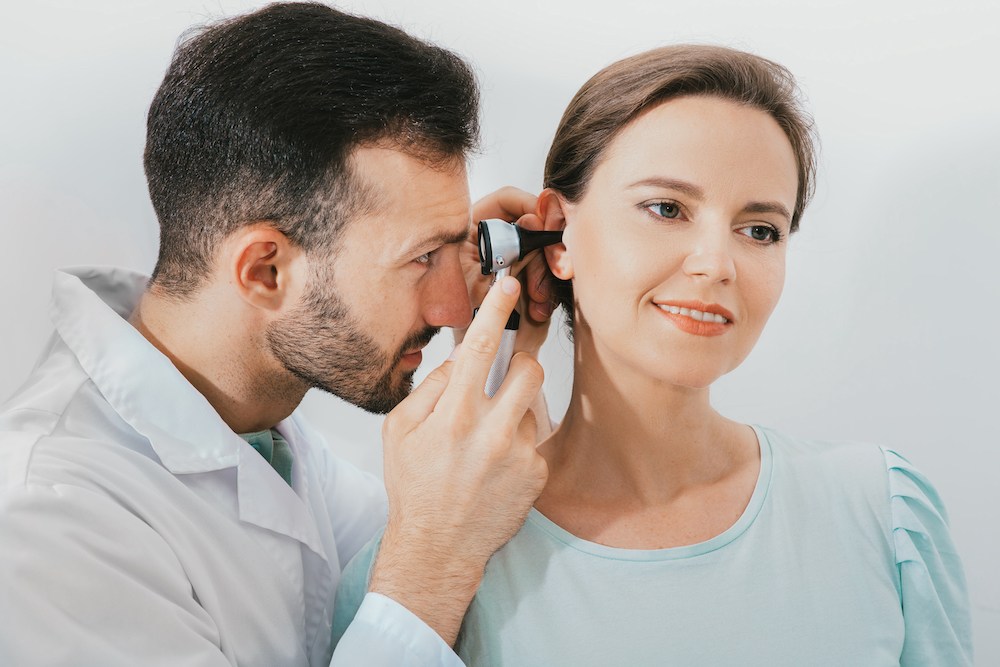The Importance of Early Detection in Childhood Hearing Loss
Children depend on their hearing for so much more than just following


Children depend on their hearing for so much more than just following

As parents, we want our children to experience all the joys of growing up

In the last few years, hearing aid technology has taken a big step forward